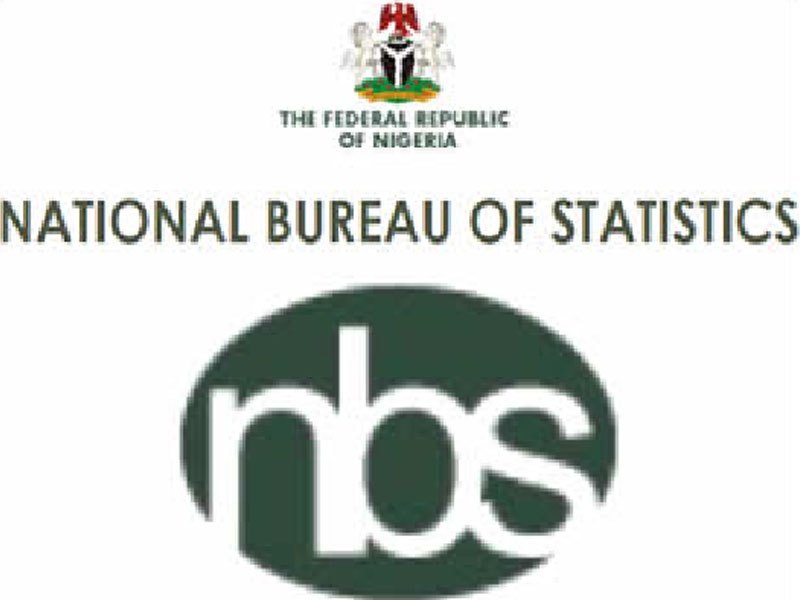In the recently approved budget for 2021, Nigeria plans to spend N13.5 trillion in budgetary expenditure out of which N4.3 trillion is for capital expenditure and another N5.64 trillion on recurrent(non-debt) expenditure.
A recent Moody’s report indicates Nigeria needs to spend about $3.3 trillion in capital expenditure over the next 30 years or $1.1 trillion a decade to close its infrastructure deficit.
Nigeria is far from this goal and may not meet this target if it continues to spend more on recurrent expenditure compared to capital expenditure.
Also, the government will also need to explore new revenue sources other than oil to boost its revenues while relying less on budget deficits.
Doing this will require massive tax reforms that target the informal sector, block leakages and reduce wasteful incentives.
Unfortunately, the covid-19 pandemic has pushed back any immediate plans to aggressively tax revenue.
For example, in its 2021 budget, the government is projecting a tax revenue of N1.4 trillion down from N1.6 trillion a year earlier.
Another possible area of increasing achieving Nigeria’s infrastructure goals is via the private sector. But to do this, Nigeria will need to improve its capital formation policies that enable the private sector to invest in public infrastructure while delivering a legal path to recovering its investments and profits.
There is also the public-private partnership initiative pursued by the federal government towards funding infrastructure development in the country.
Just recently, the president approved the setting up of a $39.4 billion Infrastructure Company, wholly focused on critical infrastructural investments in Nigeria.
According to the president, “this Infrastructure company will raise funding from Central bank of Nigeria, Nigeria Sovereign Investment Authority, Pension funds, and local and foreign private sector development financiers.”
In addition, debt servicing for 2021 is budgeted at N3.1 trillion up from N2.6 trillion in 2020.
The dividend received from NLNG was a major bright spot in the government’s revenue performance for the year.
During the year, the government projected revenue of N5.36 trillion but only received N3.9 trillion in revenues representing a shortfall of N1.4 trillion or 27 per cent for the year.

 Entertainment6 days ago
Entertainment6 days ago
 Health1 week ago
Health1 week ago
 Health4 days ago
Health4 days ago
 Football1 week ago
Football1 week ago
 Football1 week ago
Football1 week ago
 Crime4 days ago
Crime4 days ago
 Education6 days ago
Education6 days ago
 Crime1 week ago
Crime1 week ago

